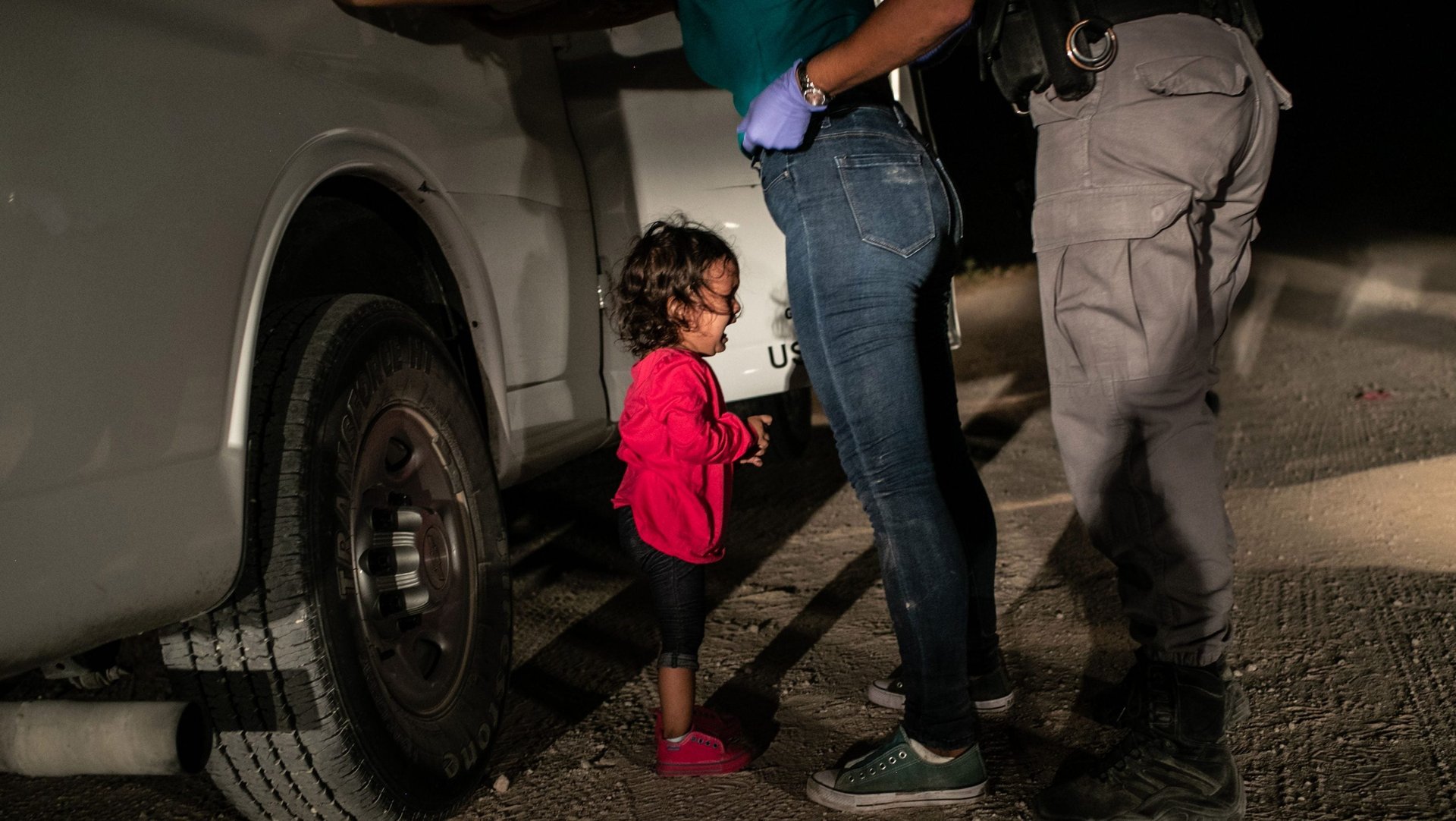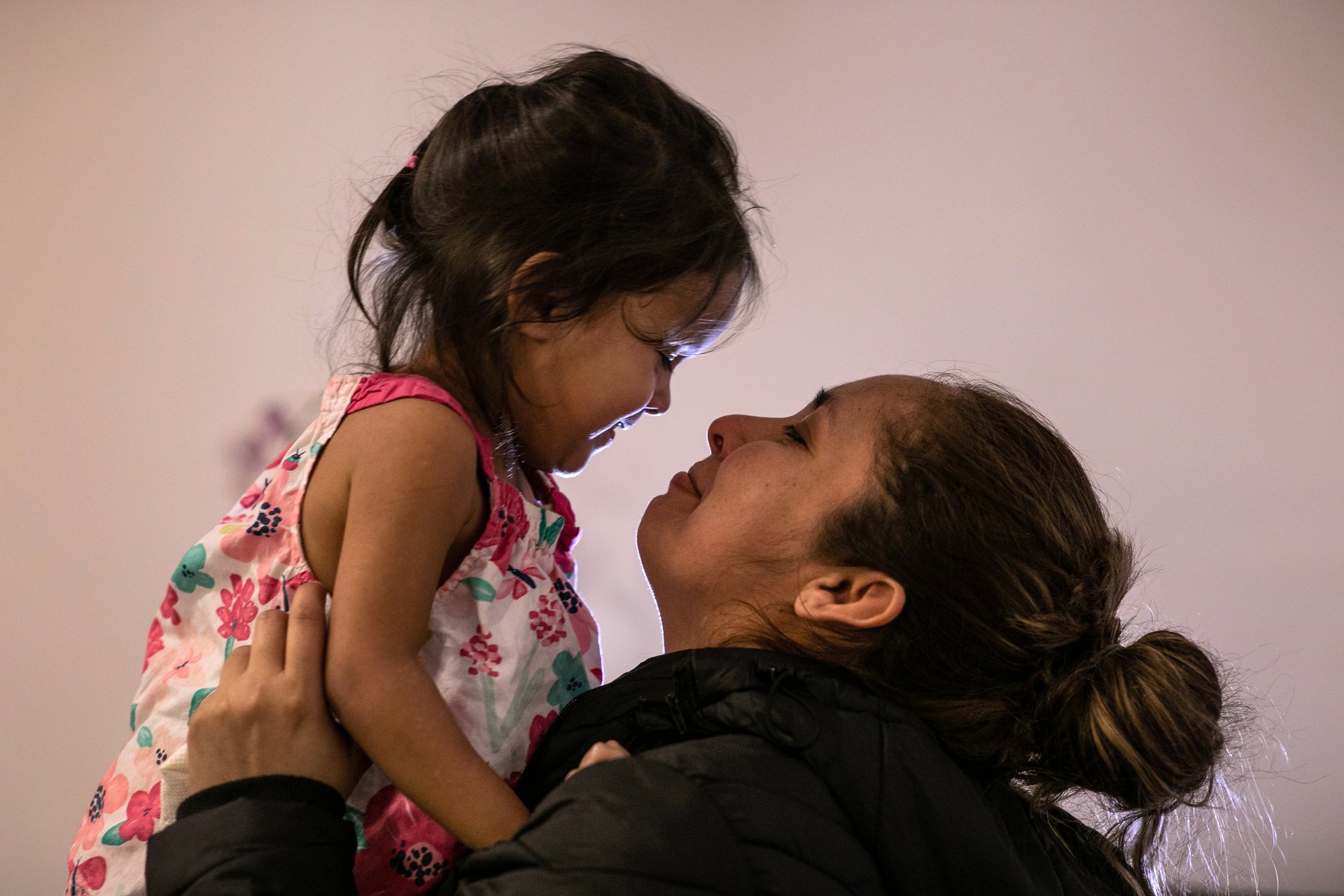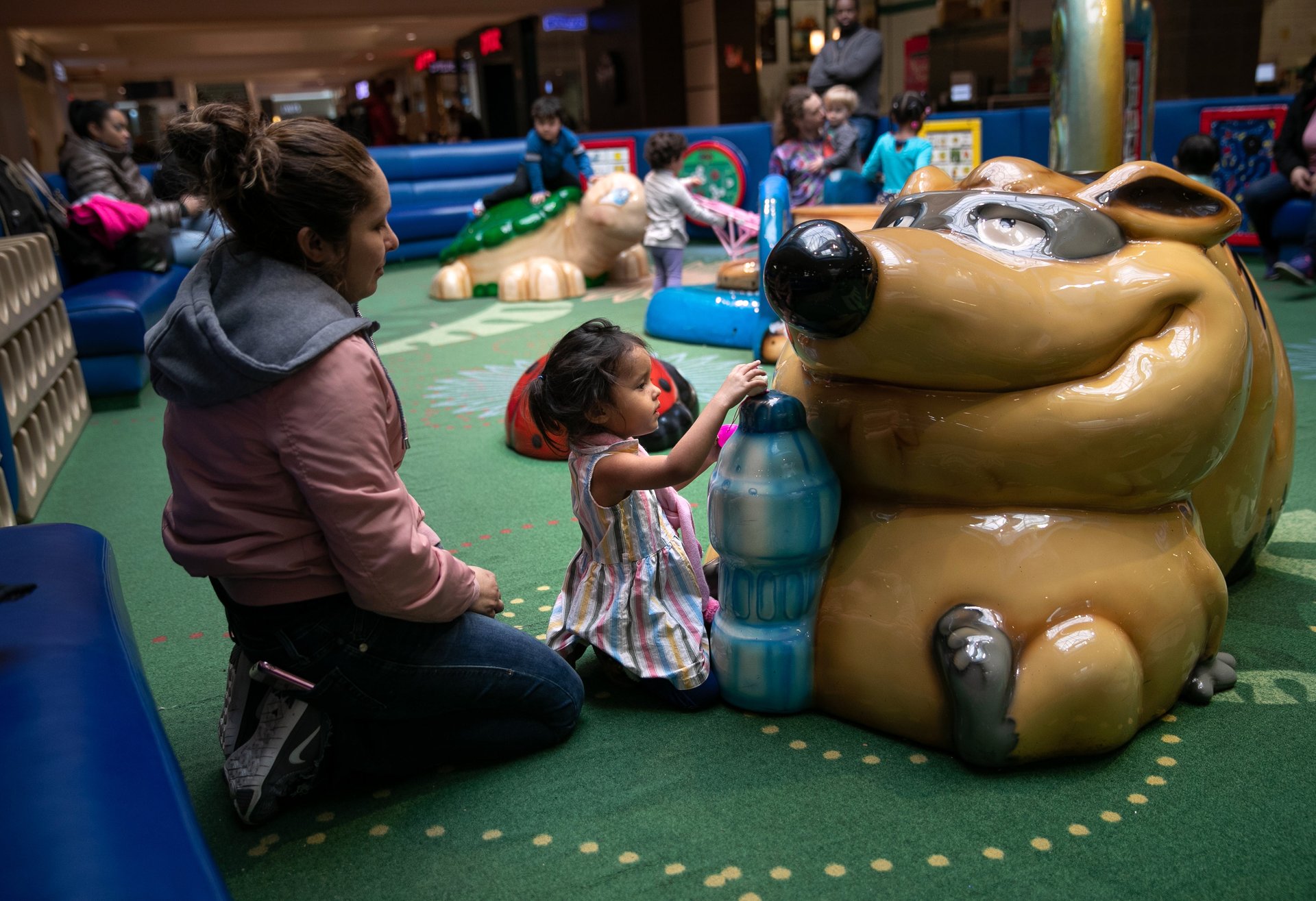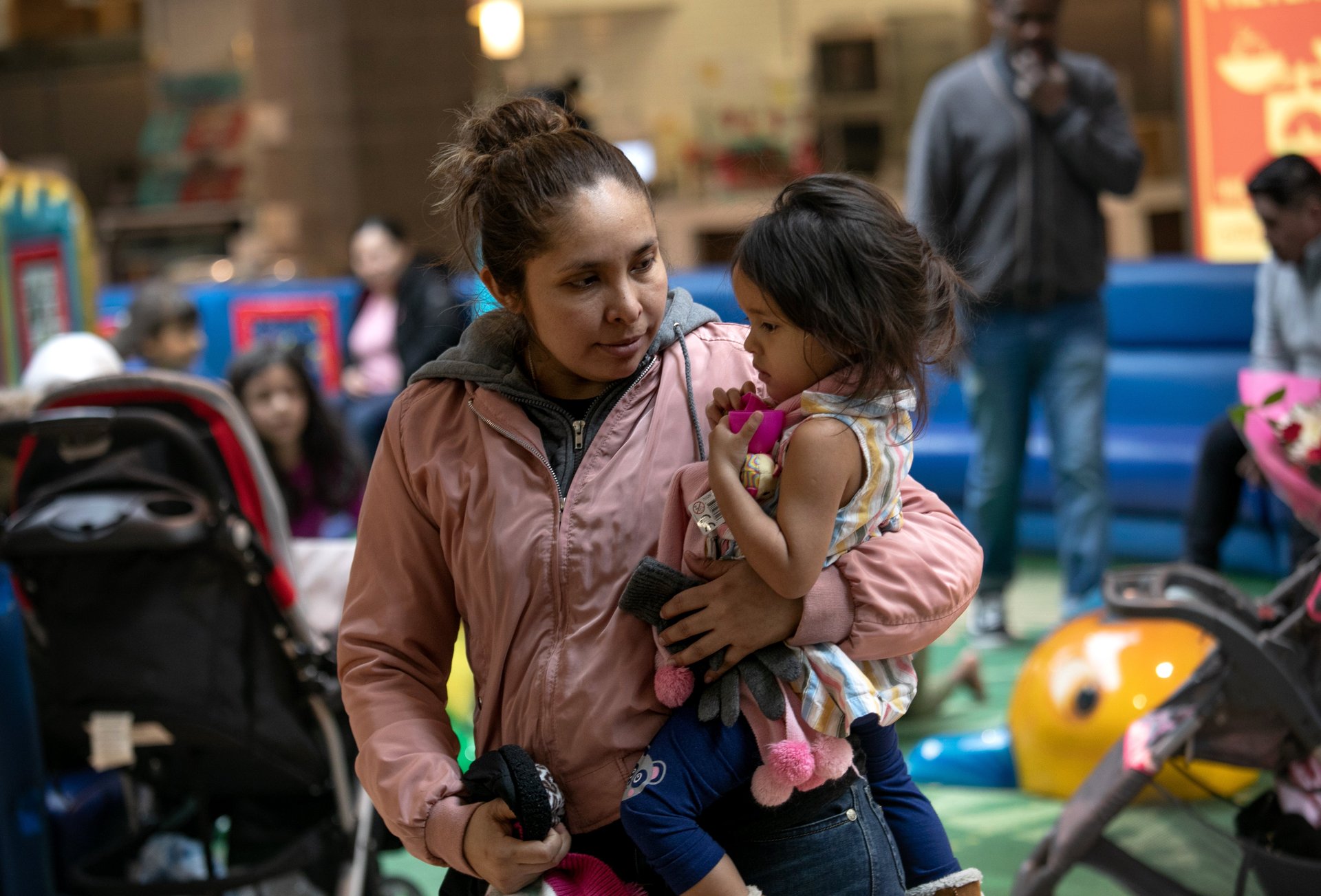The World Press Photo of the Year is an unflinching look at trauma at the US-Mexico border
An image of terrified child crying at the US-Mexico border has won the prestigious World Press Photo of the Year award, the international competition announced on Thursday.


An image of terrified child crying at the US-Mexico border has won the prestigious World Press Photo of the Year award, the international competition announced on Thursday.
The photo, taken on June 12 by Getty Images photographer John Moore, depicted a two-year-old girl from Honduras named Yanela Sanchez, who was crying while her mother was being patted down by a border patrol agent before they were both taken to a processing center for migrants.
World Press Photo juror Alice Martins said the image won because of its emotional impact. “It immediately tells you so much about the story,” she said. “And at the same time, it really makes you feel so connected to it.” The photo “shows a different kind of violence that is psychological,” she added.
“I could feel it myself, as a parent of a young child.”
Moore has tracking immigration to the US for more than a decade from nearly every possible angle. He has documented the violence and poverty that is forcing Central Americans to flee their countries, and followed their trek to the US-Mexico border. He has also spent time with US Customs and Border Protection officers as they apprehend those crossing into the US. He photographed Yanela and her mother Sandra during a ride-along with the Border Patrol in McAllen, Texas.
Yanela and Sandra were part of a group of migrants who had crossed the Rio Grande, hoping to request asylum when they arrived. Most of them were women and children. Right before Sandra set her daughter down to be searched by an officer, Moore noticed that his images from the day were missing something. “I still had no picture that conveyed the emotional impact of family separations,” he told the Washington Post.
Then Yanela began to scream and cry, and Moore took a few pictures.
“That brief moment of the separation between the daughter and her mother, I could feel it myself, as a parent of a young child,” he said in an interview to KUT, a public radio station in Austin, Texas, in March.
Within a few days, the images had been distributed by Getty and were splashed across newspaper front pages and the internet.
The reaction
Many saw the photo as a shocking embodiment of the Trump administration’s purposefully punitive “zero-tolerance” policies. Moore took it as the scale and severity of family separation and child detention were coming into fuller view. Grim aerial images showed the detention camps where children were held. Other photos showed children inside cavernous indoor cages and sleeping under mylar blankets. Before these children ended up at those facilities, they could have been in the same spot as Yanela, crying at the border for their mother.
Moore’s image of that moment presented an emotional counterweight to the detached and misleading language the government used to describe its family separation policy.
The reaction to the image was swift. Less than two weeks after it was taken, it had been repurposed for the cover of Time magazine, with Yanela now staring into the face of Donald Trump, a mishmash of photos that some, like Vox’s visuals editor Kainaz Amaria, felt was an exploitative stunt that cheapened an already powerful image.
The cover referred to Trump’s child separation policy, but the story behind the image wasn’t as clear-cut as many originally thought. Shortly after the cover was released, reports showed that Yanela was never separated from her mother at all. In February 2019, Moore reconnected with Sandra and Yanela, who were living together in the Washington DC area as they awaited a date for their immigration court date.


